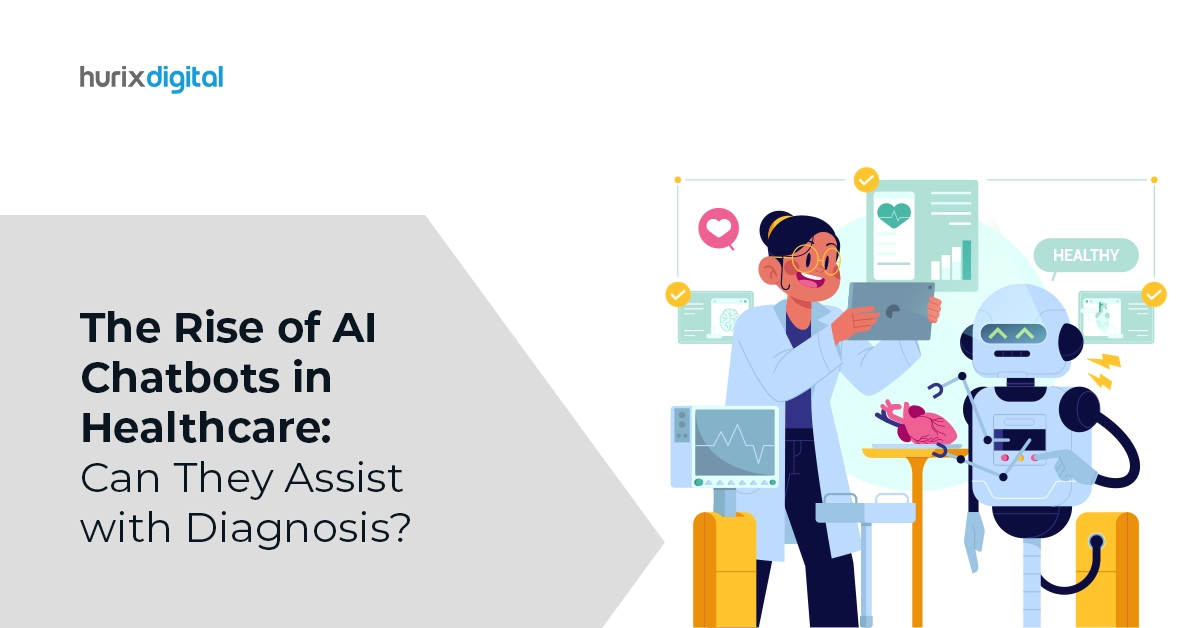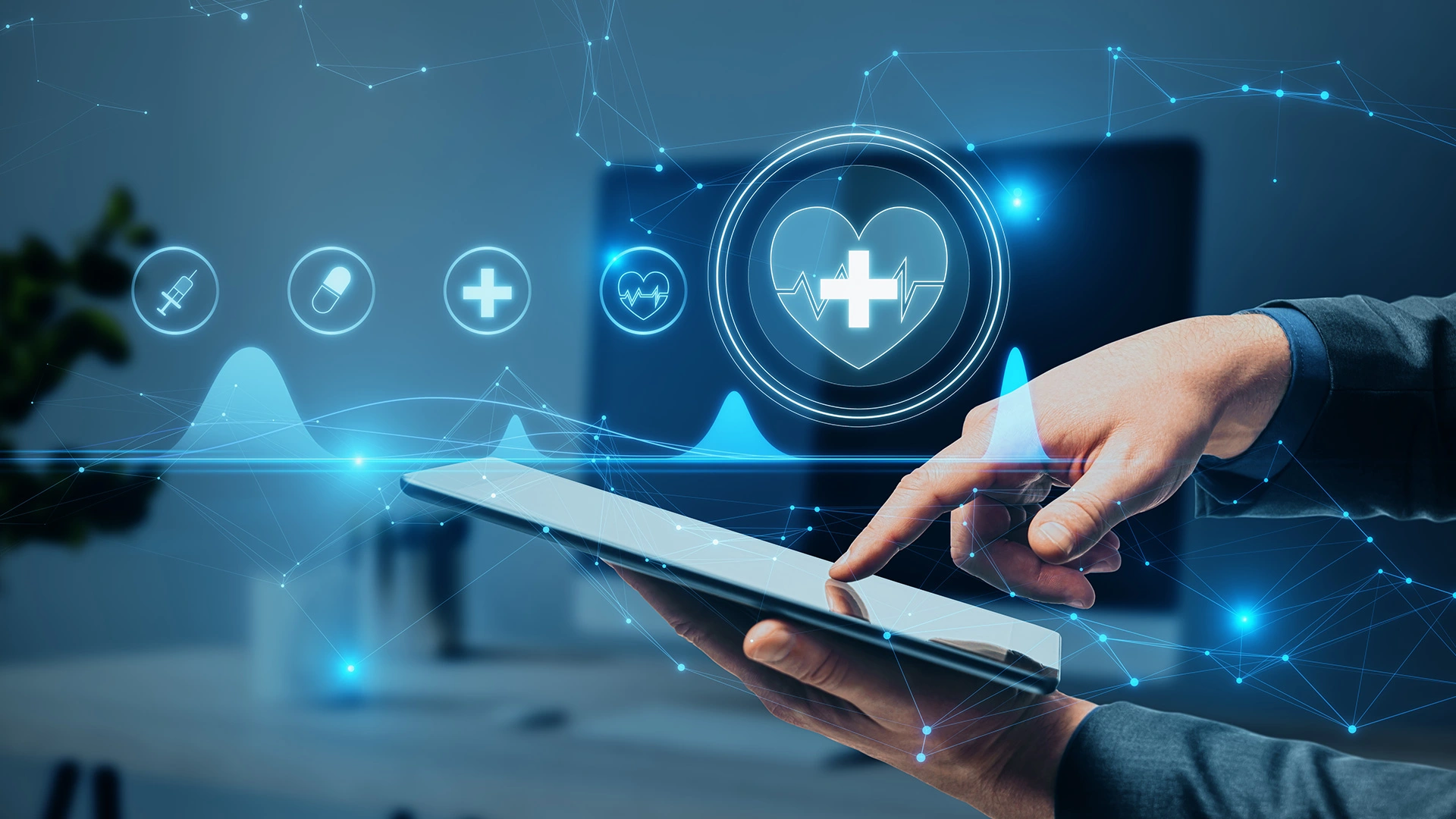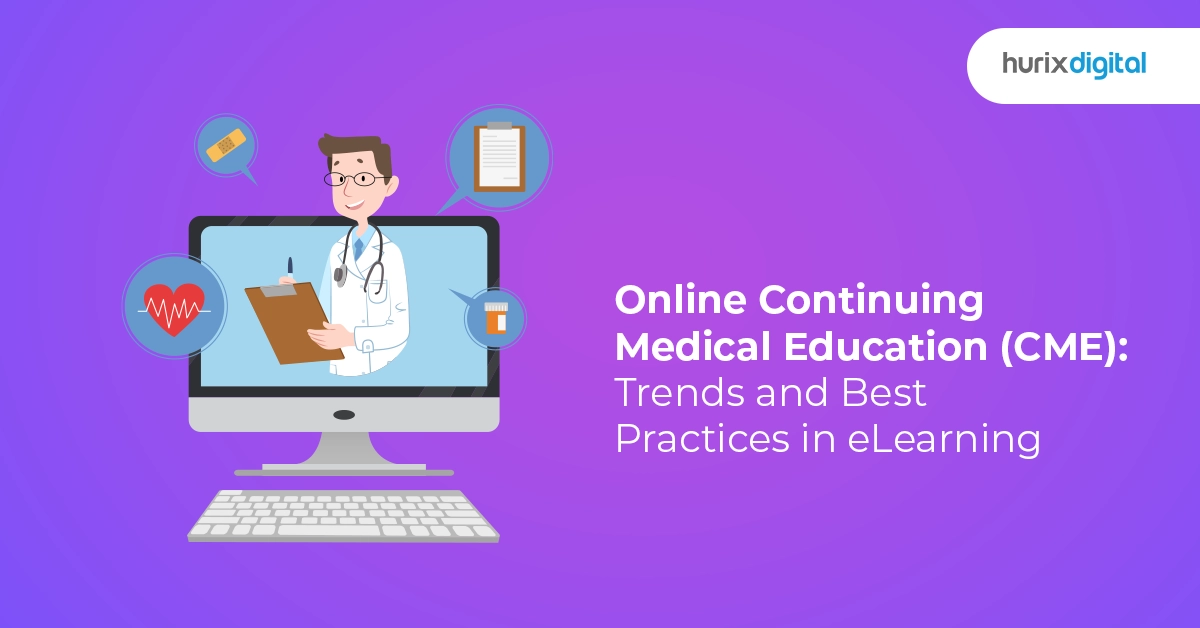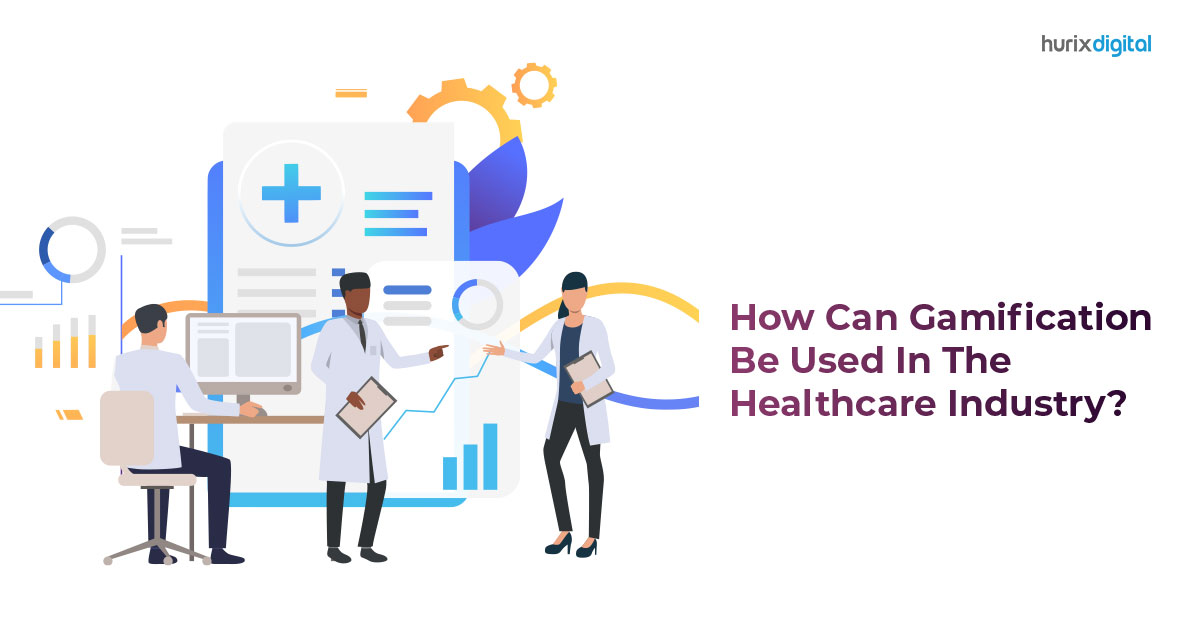
The Rise of AI Chatbots in Healthcare: Can They Assist with Diagnosis?
Summary
Explore the role of AI chatbots in healthcare and their potential for assisting with diagnoses. This article discusses the benefits and limitations of using AI in clinical settings.
In the ever-evolving landscape of technological advancements, the advent of Artificial Intelligence (AI) has revolutionized every facet of human life. Like any other domain, healthcare too, has accepted this transformation. AI in healthcare is changing the traditional workflow system by introducing more effective diagnoses, drug inventions, and patient care facilities.
AI plays a fundamental role in analyzing extensive data with precision, providing vital insights for more appropriate healthcare solutions.
With AI chatbots, healthcare professionals can serve patients around the clock and lower their caseloads. These powerful virtual assistants can efficiently interact with patients and automate processes to improve the entire healthcare experience.
Here, we’ll discuss some of the key benefits of AI chatbots in healthcare and their diverse applications.
Table of Contents:
Benefits of Using AI in Healthcare
AI chatbots and digital healthcare transformation have substantially improved treatment and medication. AI enables precise diagnosis and prompt treatment, preventing several diseases at the first level. Following are a few key benefits of using AI in healthcare:
1. Improved Efficiency
AI chatbots can manage infinite volumes of patient queries and identify patterns and trends efficiently. It makes them ideal for handling customary tasks like planning appointment schedules, communicating medication reminders, and general wellness updates. As a result, it reduces the job of medical professionals who can now concentrate on more critical tasks.
Using virtual assistants in healthcare not only benefits the medical professionals but also the patients. Reducing wait time, quick diagnosis, and overall betterment in caregiving quality are some of the takeaways from AI chatbots.
Moreover, they’re accessible 24/7 for patient support. Thus, patients can consult them anytime for emergency medical attention or to answer queries beyond the prescribed visiting hours.
2. Personalized Line of Treatment
AI chatbots use machine learning in healthcare to provide custom advice to individual patients based on their medical history, location, and preferences.
They collect and analyze relevant data by accessing digital health records and patient inputs. Then, they leverage such personal details to manage critical conditions, prescribe personalized nutrition plans, and suggest relevant exercises.
Such personalized consultations offer better medical solutions and encourage patients to follow the prescribed treatment strictly. Also, the chatbots can regularly monitor and suggest revised treatment plans depending on the patient’s health condition, ensuring better care and fast recovery.
Also Read: Innovative Education Solutions the Healthcare Industry Can Make Use of in 2024
3. Early Detection and Prevention
AI chatbots in healthcare provide evidence-based symptom assessment, including prediction and identification of disease patterns for early detection and prevention. This helps medical practitioners to deduce potential health risks and prevent their development at an early stage through prompt intervention.
Healthcare chatbots use machine language algorithms to identify the minute signs of disease through medical imaging, genetic markers, and patient data. Such early detections significantly improve treatment solutions and minimize medical expenses.
4. Symptom Assessment and Triage
Based on triage, healthcare providers can decide the urgency of medical attention and resource utilization. AI in healthcare can streamline the process by inquiring about the symptoms of patients, accessing their medical data, probing follow-up queries, and recommending triage.
For example, when patients share their symptoms with medical chatbots, the latter refer to its extensive medical database through AI technology and analyze the symptoms. This provided patients with plausible diagnoses and medical guidance for the next line of treatment.
It also ensures timely health advice and limits non-critical patients to home consultations. Thus, hospitals can make optimum use of their resources, such as emergency rooms and other clinical departments, for critical care patients only.
5. Remote Patient Monitoring
Monitoring patients’ vitals in real time is one of the fundamental benefits of leveraging AI-driven healthcare solutions. AI chatbots collect and examine vital stats of patients during virtual consultations to monitor heart rate, blood pressure, and glucose levels.
With such details, medical professionals can decipher whether or not there are any abnormalities in the health conditions of the patients. Hence, patients would receive prompt individual care without even visiting the hospitals.
6. Virtual Consultations and Telemedicine Support
With AI chatbots, getting a doctor’s consultation without stepping out of the home is now possible. They have significantly transformed the healthcare landscape by introducing virtual consultations and telemedicine assistance. In addition, they interact with patients, review their symptoms, and recommend appropriate medical advice.
If required, these chatbots can even connect patients with specific healthcare providers through videoconferencing. Besides saving time and minimizing hospital visits, telemedicine promotes easy accessibility to healthcare, especially for patients staying in remote locations.
AI chatbots led to telemedicine advancements in healthcare, thus providing patients with a preliminary virtual medical assessment. They also helped group cases according to their severity and assisted medical providers with relevant information to make prompt decisions.
7. Medication Adherence and Reminders
Most patients fail to follow prescriptions and adhere to medication. They often miss doses as directed by healthcare advisers, which can have potential health consequences, leading to treatment failures, hospitalizations, and even life risks.
AI chatbots in healthcare help patients follow medication doses and timings religiously by scheduling timely medication reminders. These chatbots send automated alerts in the form of text or voice messages and solve their queries related to any medicine, its needs, and its benefits.
Further, the merging of AI and gamification in healthcare can help patients track their progress, developing a sense of accomplishment.
Also Read: Simulation Training: The Future of Healthcare Professional Development
Final Thoughts
The rise of AI in healthcare signifies a revolutionary transformation in providing accurate and prompt diagnosis for improved medical solutions. Such healthcare innovations establish a new standard in patient care and the medical system. It offers better accessibility, personalization, and effective medical solutions to patients globally.
With further advancements in technology, more sophisticated AI chatbot applications are envisioned for providing premium and more patient-centric care. By embracing AI in healthcare, you can unite technology and human efficiency to provide a healthier, more definite healthcare solution.
Hurix Digital offers a new collection of AI-powered products carefully designed to enhance efficiency and boost productivity across diverse domains. Using best-in-class technology and a user-friendly interface, it empowers you to achieve the highest level of success. It not only simplifies tricky tasks but also streamlines processes and offers useful perspectives.
For more information, connect with us now!

Senior Vice President
A Business Development professional with >20 years of experience with strong capability to sell new solutions and develop new markets from scratch. New Market Entry Specialist with experience of working in two of the largest emerging markets – China & India. Also covered other key markets in APAC, US, EU & ME. Exceptional experience of conceptualizing, ideating and selling new learning technologies like VR AR, etc. across multiple industry verticals.








